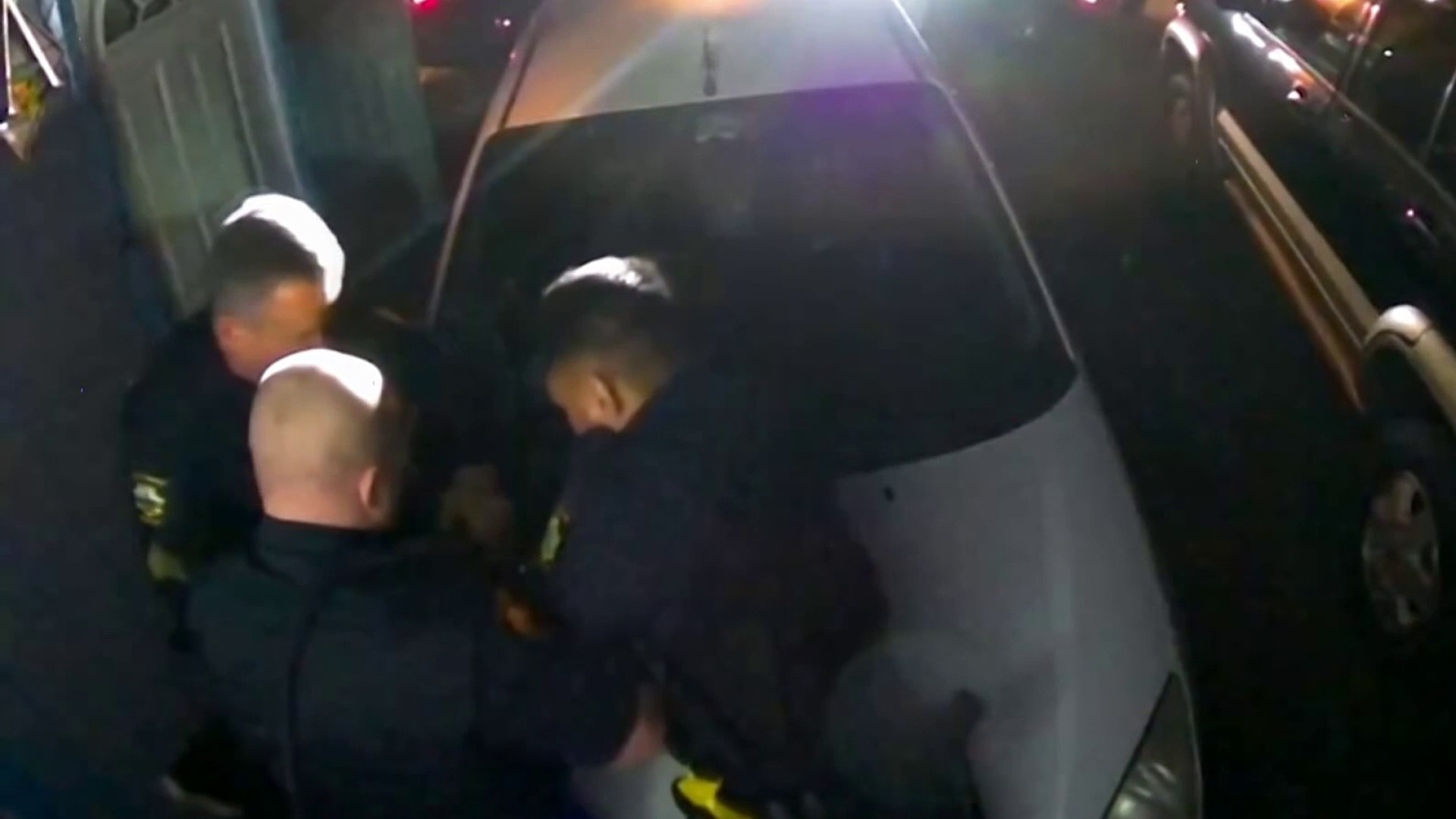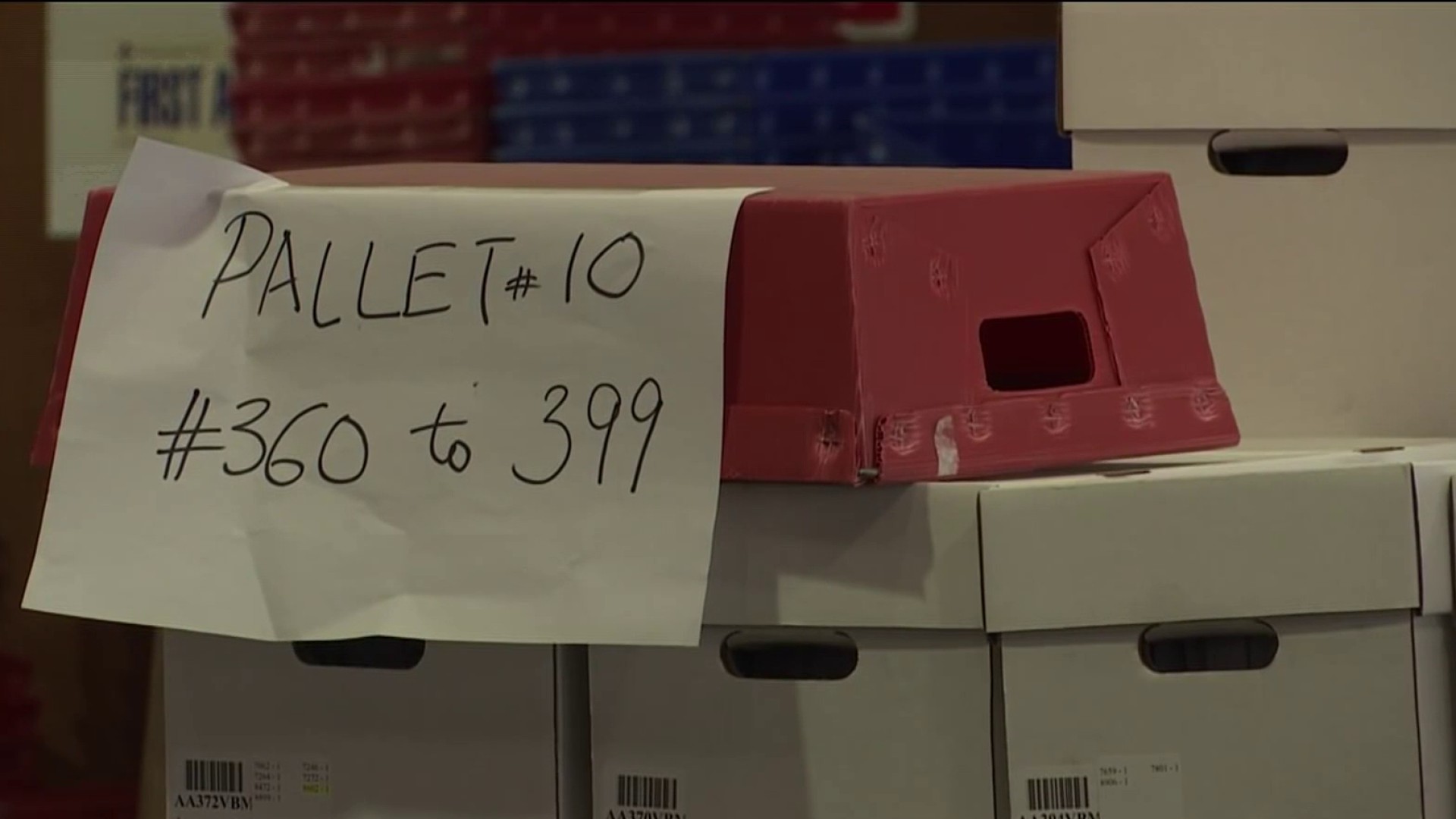About 300 people packed into a Union Square hotel banquet room in the last week with one thing in common.
Each had in some way been touched by Alzheimer's disease.
Many were caregivers. Some had the disease in its early stages.
And the rest worked in the field of medical research, senior care, or were members of the Alzheimer's Association.
The meeting was part of a national listening tour sparked by a new law signed by Pres. Barack Obama in January called the National Alzheimer’s Project Act (or NAPA).
The man with the ear of the White House was Donald Moulds, deputy assistant secretary at Health and Human Services.
The Alzheimer's Association brought all the major players in Alzheimer’s legislation into one room and Moulds got an ear full.
The meeting allowed those most impacted by the disease to use their voice to help shape and determine what the government should do to address it.
Speakers included an Alzheimer's research scientist turned Alzheimer's patient who said she was outraged at the lack of money the federal government was spending on the disease. She said she knew NAPA would be too late to help her, but said there needed to be hope for the millions of baby boomers who will likely be diagnosed in the coming years.
Local
Many argued that if the same amount of resources was devoted to Alzheimer's as was to AIDs and HIV, it would likely have the same positive outcome. AIDS is now considered in developed nations to be a manageable disease.
There were a lot of stories about a lack of basic knowledge of Alzheimer's or how to treat it by primary care physicians. One physician explained that the diagnosis and treatment of Alzheimer's exposes one of the biggest weaknesses in the healthcare system. He said doctors would need to spend time with their patients in order to diagnose it and that isn't how doctors get paid in 2010. He said doctors make their money from quick visits and the ordering of tests, which don't help in Alzheimer's diagnosis.
The caregiver stories were the most heart wrenching because it is these people who have not only lost or are in the process of losing someone, they do it at great personal sacrifice. Many are alone 24/7 with few resources. They said they hoped NAPA would find a way to compensate the caregiver, who may have to give up their job and their health insurance to help their loved one. The argument is that keeping a person with Alzheimer's at home is much cheaper on the tax payer then putting them in a nursing home.
The stop in San Francisco was one of the early ones in a long list of listening sessions. NAPA's intent is to put the country on a path to developing the first national strategic plan in Alzheimer’s.
All of the comments and input gathered will be collected and developed into a report that will presented this fall to top officials at HHS.



